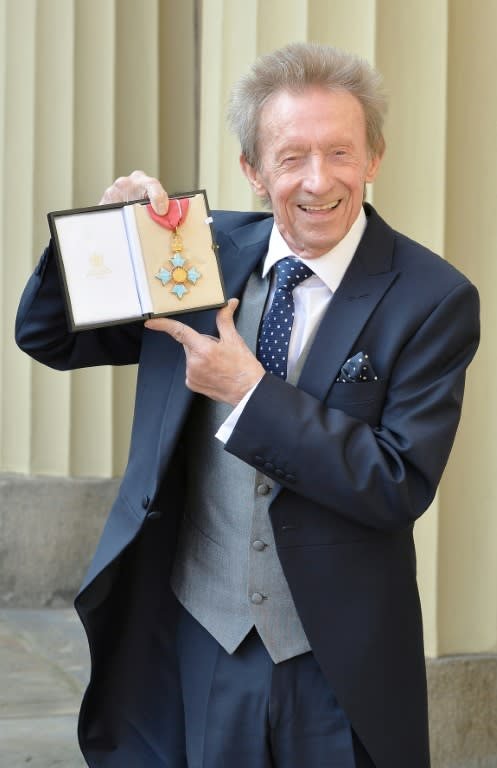Denis Law was born on February 24, 1940, in Aberdeen. He carved out a legacy in football, the ripples of which are still felt today. Known affectionately as “The King” or “The Lawman” to Mancunians of a Red disposition, Law’s career is an enduring testament to his skill, tenacity and wider impact on football.
Denis’ football journey started seemingly from birth. He was a lifelong Aberdeen fan, and as a young boy, attended local non-league teams when he wasn’t watching the Dons at Pittodrie. At 12 years old, his neighbour gave him a pair of second-hand football boots as a birthday present. Until that point, he went barefoot. He even turned down a place at Aberdeen Grammar School because he would have had to play rugby instead of football. The beautiful game had been with him since birth.
“The boy’s a freak. Never did I see a less likely football prospect – weak, puny and bespectacled”. Those were the words of Huddersfield Town manager Andy Beattie after watching Denis Law trial at the club. He must have saw something in the 14-year old, because the club offered him a contract anyway, which he signed. His precocious ability on the pitch quickly caught the eye , leading to a record-breaking transfer to Manchester City in 1960 for £55,000 – a British transfer record. Matt Busby of Manchester United and Bill Shankly of Liverpool flirted with signing Law, but Huddersfield rejected the £10,000 offered by United and Liverpool couldn’t afford him. A sliding doors moment in football history.
Though admittedly enjoying his time at City, it’s fair to say he never truly settled. He swapped the blue of City for the maroon of Torino in Italy. Once again, despite his success on the field, he struggled to adapt. This prompted a move back to England, and this time, the red half of Manchester made no mistake, signing him for £115,000.
This marked the beginning of his most illustrious chapter. Over 11 years with United, Law scored an astonishing 237 goals in 404 appearances, cementing his place as one of the club’s all-time greats. His goal-scoring exploits were instrumental in United’s triumphs including the 1963 FA Cup and league titles in 1965 and 1967. Law’s influence wasn’t confined to club football; on the international stage he was capped for Scotland 55 times, scoring 30 goals.
One of the most defining moments of Law’s career came in 1964 when he was awarded the Ballon d’Or, making him the only Scottish player to ever win this prestigious accolade. His style was unique. By combining a blend of speed, flair and with an acute eye for goal, Law could change games single-handedly. We’ll never see his likes again.
His career wasn’t without adversity though, and he had to overcome a fair share of it. When he first trialled at Huddersfield, he suffered from a distinct squint which hindered him on the field of play. He had an operation to fix this which ultimately improved his self-confidence. In 1965, he sustained a knee injury which haunted him arguably for the remainder of his career. Despite this, he continued to perform admirably. His time at United came to a bittersweet end, scoring a back-heeled goal in his final match against Manchester City, but which ultimately became United’s last in the top flight, as they were relegated that season.
After retiring from professional football in 1974, Law extended his influence beyond his playing days. He took up work as a pundit, sharing his insights on radio and television, and established the Denis Law Legacy Trust in Aberdeen, which aims to engage young people in sports and arts. His charitable work was recognised when he was awarded a CBE in 2016. It should be said that he remained close to his Aberdeen roots and became somewhat of a de facto champion for the city.
Denis Law’s impact on football is undeniable. His career not only influenced football through his playing style but also through his role in United’s post-Munich Air Disaster revival. His legacy is honoured with statues at Old Trafford and as part of the “United Trinity” alongside George Best and Bobby Charlton. Law’s journey from a young boy in Aberdeen to an international Ballon d’Or winner is a story of resilience, heart and sheer skill. He’s an enduring figure in the annals of football history.
This morning, I paid a visit to Old Trafford to pay my respects to Denis Law, and the atmosphere around this footballing cathedral was a clear testament to Law's significance to the fans. The legend of this club is built on the shoulders of players like him, Charlton, Best, Cantona, and others. Whenever we lose one of these icons, it weighs heavily on us, stirring memories of different, often better, times.
Denis Law achieved true legendary status, and though he may no longer be with us, his play and passion will live on forever. Beyond the flags, scarves and tributes left at his state, that's the greatest tribute a player could hope for.
The King. 1940-2025













